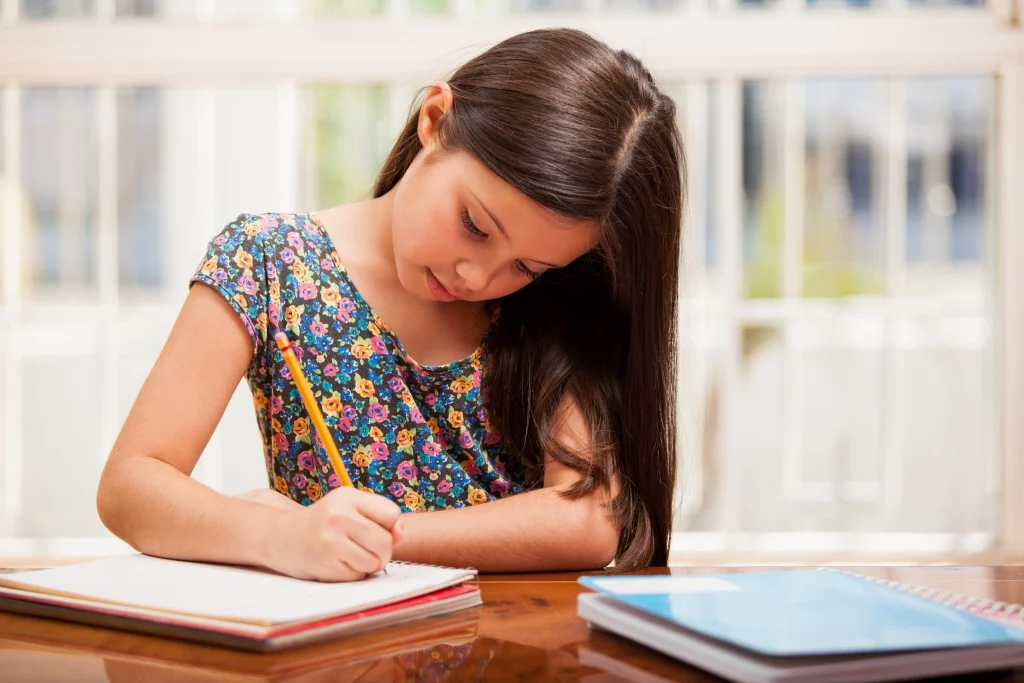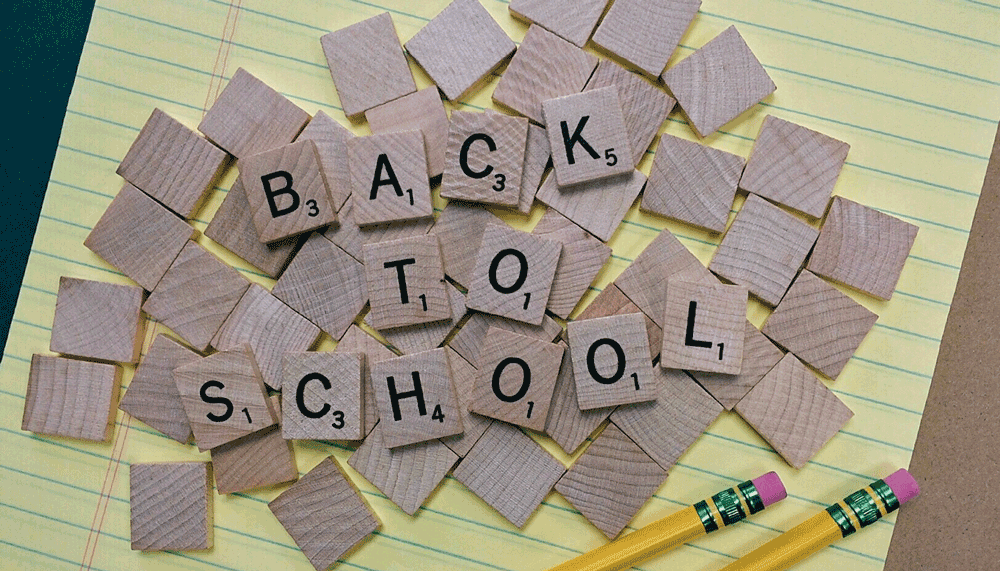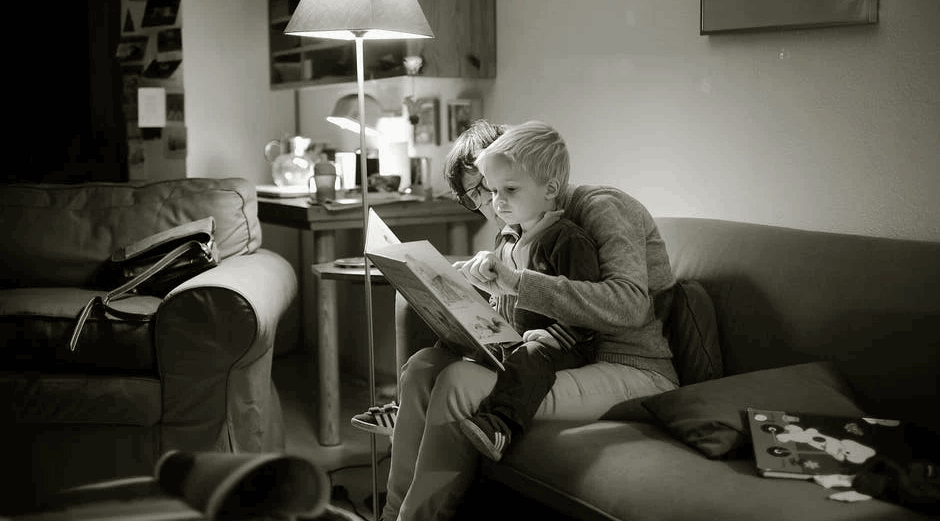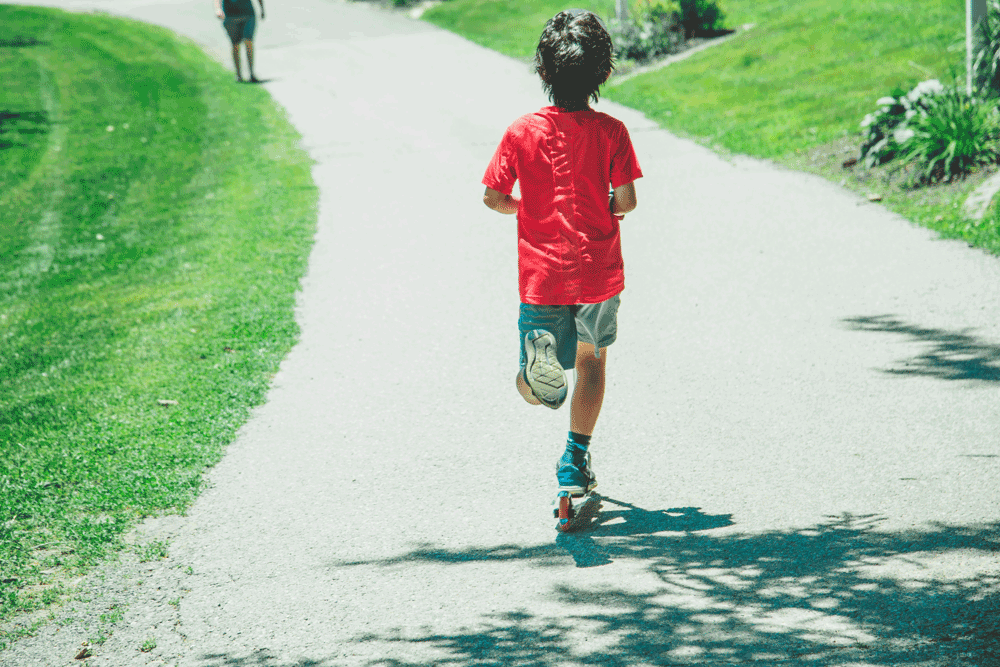8 Lessons That Online Learning Will Teach Your Student
Online learning is not just a lesson in standardized curriculum, it’s a lesson in learning, independence and growth. The flexibility that comes with this modern education system is freeing, and allows room for ample responsibility on the part of not only a parent, but the online learner themselves.
There is a lot your student stands to learn doing their schooling online, from time management to accountability. Students in traditional classroom settings gain a wealth of knowledge from their teacher and classmates, but there are specific responsibilities and independence skills that come from learning at home.
These are the lessons that your online student will learn from engaging in e-learning:
.jpg)
Time Management:
Learning from home means that it’s up to the student to manage their time throughout the day. In other words, your learner has the responsibilities of managing tasks and remaining focused. Having to balance online classes, assignments and any additional work Is a lesson in time management. It’s also worth mentioning that education in a classroom setting comes with concrete breaks (lunch, recess, etc). In a home classroom, it is up to the student to manage their breaks within their learning time. Working from home it can be easy to get distracted, which is why time management becomes a key skill that online students take away from the experience.
Focus:
A huge lesson online learning teaches is the value of focus. Working at home means other people are walking around, and all of your toys or gadgets are nearby. Learning to focus despite these distractions is a major lesson that is unique to the home classroom model.
Independence:
Online learning comes with more room for your child to make decisions and show initiative. Students can make their own lunch,and decide what type of learning they respond to best. The flexibility of online schooling truly allows students to grow at their own pace, and exert control over how they learn.
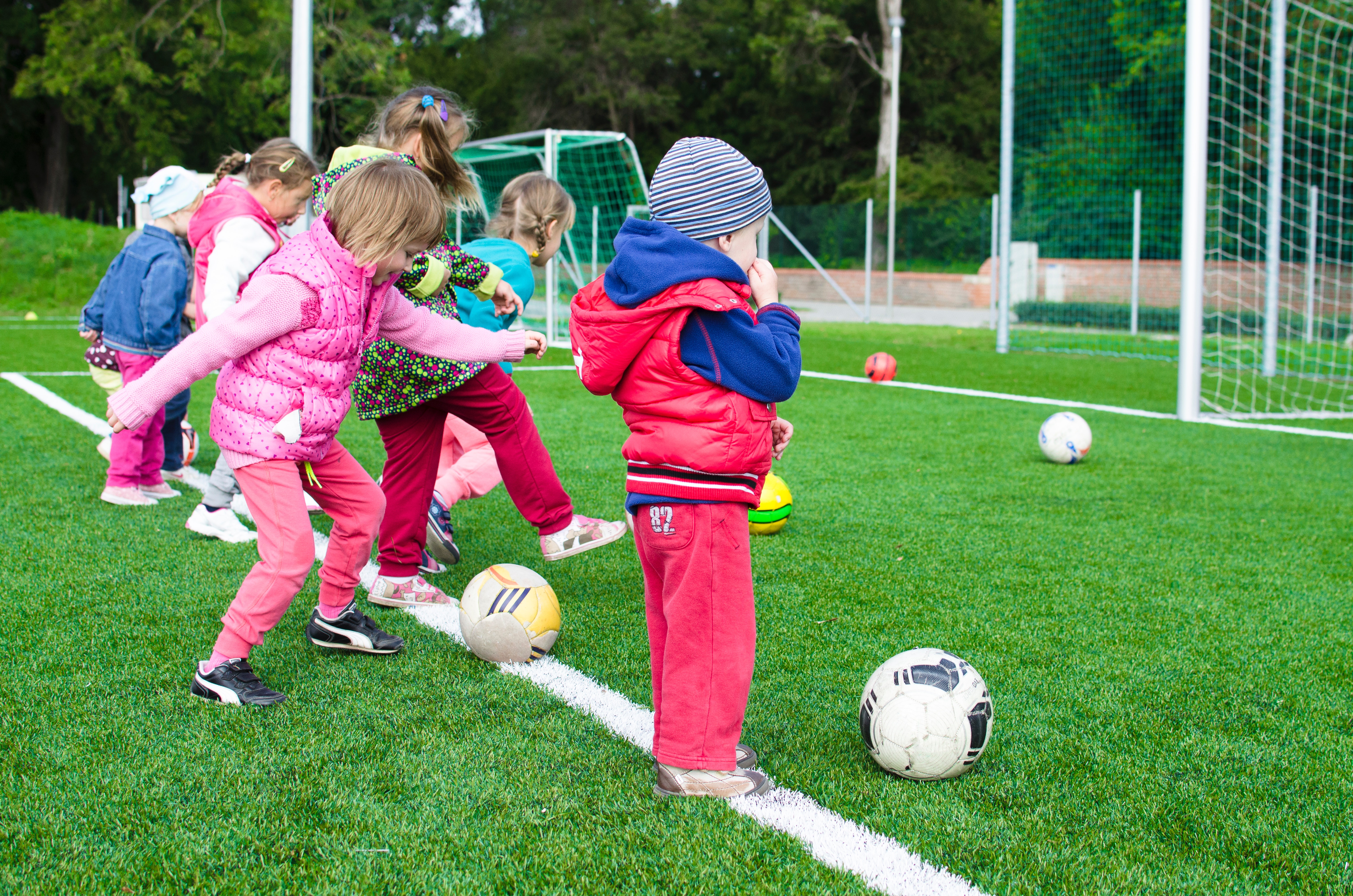
Socialization:
In a classroom setting students are put in a situation where they must converse with other students. When learning at home it requires some additional effort — not having socialization thrust upon them means that children can understand its value and take steps to form friendships and maintain connections on their own volition.
Everyone Learns Differently:
Everyone learns differently and that’s okay! Online learning is unique in its flexibility and how
it can cater to individual needs. Working in an at-home classroom exposes children to the possibility of different forms of education. While some may look down upon on certain types of education, online learners are able to see first hand that education is universally important — but everyone is different, so everyone inherently learns differently.
Don’t Be Afraid Of What You Don’t Know:
Students who started in a classroom setting may be apprehensive about learning in a different way. Considering that online learning is an alternate option that not everyone may understand or be aware of, children can be wary of what they don’t know. After making the transition, online students experience firsthand that just because you may not know or understand something, that doesn’t mean you should write it off or be afraid of it — it’s important to try new things because that’s the best way to learn about yourself.
Responsibility:
Online learners are presented with ample responsibility. They are responsible for their own motivation, task management and discipline. You have to be your own disciplinarian as an online student, because the only person who can be held accountable for actions, learning or lack thereof is yourself.



